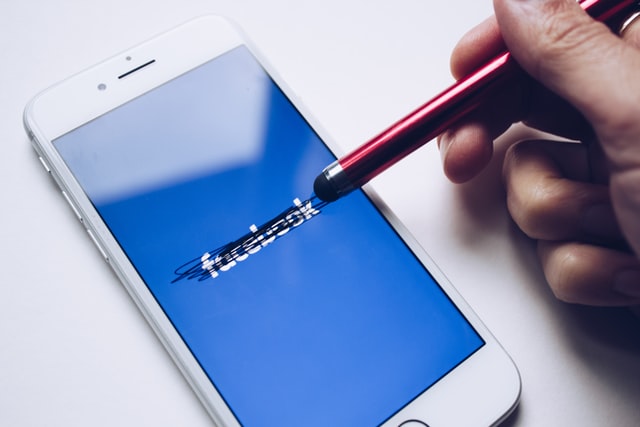
Is this the beginning of the end for Facebook?
We’ve all seen the repeating waves of calls to quit Facebook. Often these movements are in protest of the company’s poor privacy policies. With over 2 billion apparently active “users” (many of whom are bots and scammers), it’s unlikely that a grass-roots movement will have much effect. But this week, an interesting statement was made by Tim Cook, Apple’s CEO, which could have a significant effect on Facebook, mostly because Apple is one of the players that could really impact Facebook’s business with a simple change in its App Store policies.
Calling out Facebook on its destructive influence on society
Shortly after Facebook took out full-page ads in several newspapers criticizing Apple’s new privacy policy, Cook laid out a public case for taking action against the social network, and ultimately stated:
“What are the consequences of prioritizing conspiracy theories and violent incitement simply because of the high rates of engagement?
What are the consequences of not just tolerating but rewarding content that undermines public trust in life-saving vaccinations?
What are the consequences of seeing thousands of users joining extremist groups and then perpetuating an algorithm that recommends even more?
It is long past time to stop pretending that this approach doesn’t come with a cause. A polarization of lost trust, and yes, of violence.
A social dilemma cannot be allowed to become a social catastrophe.”
When Cook says “cannot be allowed to become a social catastrophe”, that seems like an overt threat to Facebook, without even saying the company’s name.
What can Apple do directly to Facebook?
Just as Facebook has control over the policies of apps that run on its platform, like Cambridge Analytica’s “This is your digital life” (which abused Facebook’s policies to influence the 2016 election), Apple also has control over the policies that govern apps running on all iPhones.
So, theoretically, Apple could one day fully enforce a policy of not allowing any apps owned by entities or individuals that support misinformation and conspiracy theories. If this happened, Facebook would be a very likely candidate to be removed from all iPhones.
What effect does removal from devices have, if you don’t delete your Facebook account?
You may notice that many websites encourage you to download and use their apps. They always say that this is to provide a “better user experience”. But having an app on a device gives the author of the app much more power to monitor your activities than they have from normal website access, and perhaps more importantly, the ability to send notifications to the devices, which is a key driver of behavior among users.
This could really be a major hit to Facebook’s business model if you had to go to a website to use the app. I should also point out that this kind of move could also backfire on Apple, with people abandoning iPhones in favor of Android phones that are much more friendly to apps that depend on user data and notifications. But it seems like Cook may take that chance.
It’s time to delete the Facebook app from my devices
I agree with Mr. Cook, and it’s easy to see that Facebook’s business model encourages misinformation and destructive social signals. While I do use Facebook occasionally to keep in touch with friends, I have removed the app from my mobile phone. So I can still login from the Facebook website, but I no longer see its notifications, and Facebook isn’t able to do as much monitoring of my actions on my phone.
Maybe someday I’ll find other ways that are just as convenient for keeping in touch with the friends I now have on Facebook. Or maybe Apple will force Facebook to change its own policies in order to stay on as many mobile devices as possible, and we won’t have to.
I doubt that Facebook will ever disappear completely, but how much revenue will it lose when it is not allowed to collect the data it needs, and to push notifications exactly when it needs to in order to drive more engagement, at any social cost? I think this could be the beginning of a long decline in the company’s leadership among social platforms.
What do you think this means for Facebook and other apps that exist only to milk value from our personal information and activities?

